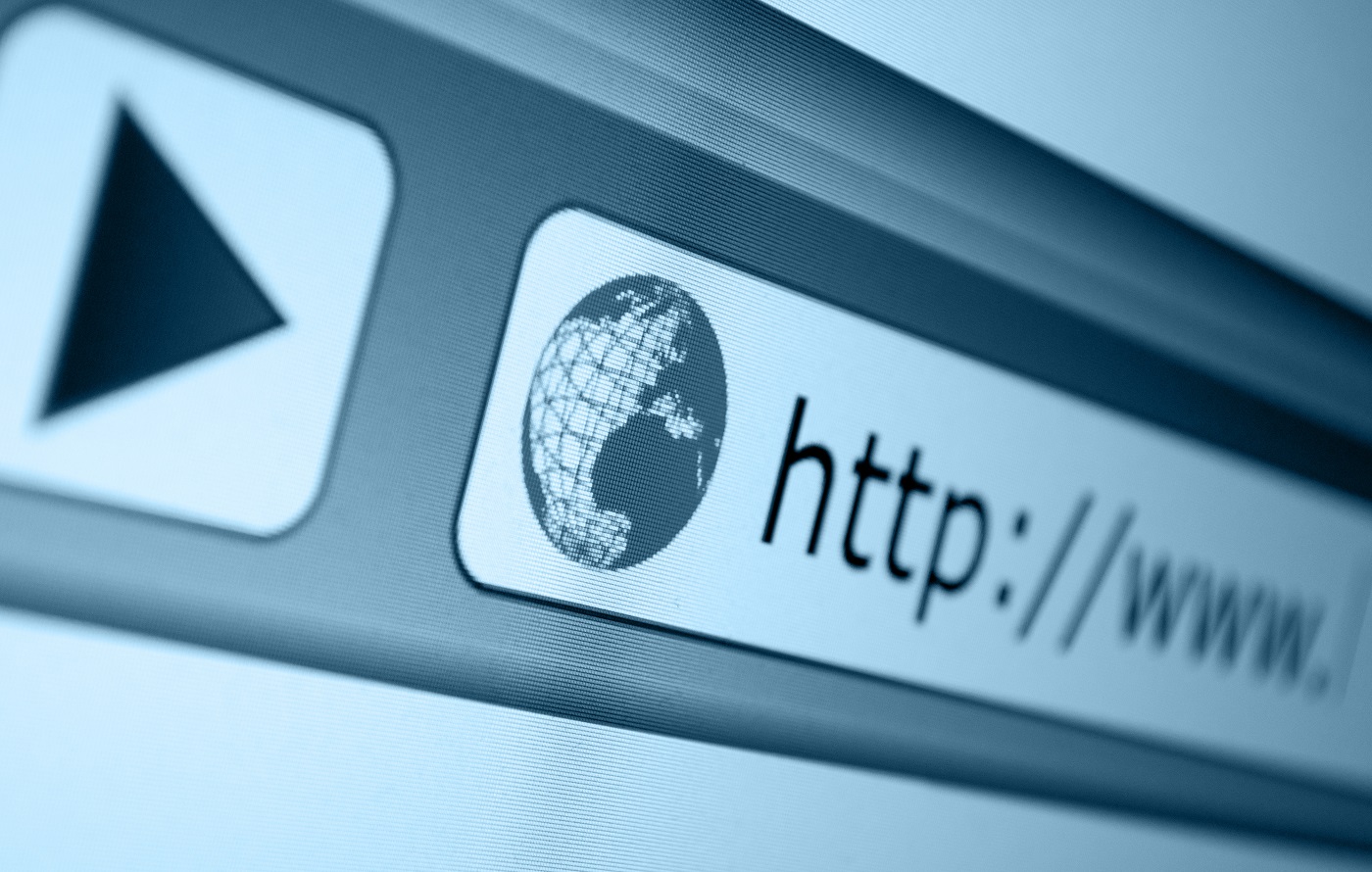Artificial Intelligence (AI) is an emerging technology that has the potential to transform various industries and aspects of our daily lives. However, it also raises concerns about its ethical, social, and legal implications, particularly regarding its impact on human jobs, privacy, security, and bias. To address these issues, the US government has recently launched a study to explore possible rules and regulations for AI, similar to how other industries are currently regulated.
Background and Purpose of the Study
On April 11, 2023, the US Federal Trade Commission (FTC) announced that it has begun a comprehensive study on the potential regulatory framework for AI. The study will involve various stakeholders, such as AI developers, businesses, consumers, academics, and policymakers, to gather insights on the benefits and risks of AI and the challenges of regulating it. The study aims to provide recommendations to Congress and the Administration on how to balance the promotion of innovation and competitiveness in the AI industry with the protection of public interests and values.
Scope and Methodology of the Study
The study will cover a wide range of AI applications and domains, such as healthcare, finance, transportation, education, national security, and entertainment. It will examine the technical, economic, legal, and ethical dimensions of AI and the various actors involved in its development, deployment, and use. The study will use various data sources, such as surveys, interviews, workshops, and literature reviews, to identify the opportunities and challenges of AI and the existing regulatory frameworks in the US and other countries.
Key Issues and Options for AI Regulation
The study will focus on several key issues related to AI regulation, such as:
- Safety and reliability of AI systems: How can we ensure that AI systems are trustworthy, transparent, and accountable and that they do not harm humans or the environment?
- Privacy and security of personal data: How can we protect individuals' privacy and security in the collection, processing, and sharing of their data by AI systems?
- Fairness and non-discrimination in AI decision-making: How can we prevent AI systems from perpetuating biases and discrimination based on race, gender, age, or other factors, and ensure that they respect human rights and values?
- Intellectual property and innovation in AI: How can we balance the incentives for AI innovation and investment with the need for open standards, interoperability, and access to AI technologies and data?
- International cooperation and governance of AI: How can we promote global dialogue and cooperation on AI regulation and standards, and avoid fragmentation or domination of the AI industry by a few countries or companies?
The study will explore various options for regulating AI, such as:
- Voluntary standards and best practices developed by industry associations, consumer groups, and technical experts, and endorsed by the government as a reference or benchmark for AI development and deployment.
- Co-regulation models involve a partnership between the government and the industry, where the government sets the minimum standards and the industry provides detailed guidelines and enforcement mechanisms.
- Mandatory regulations specify the requirements and prohibitions for AI systems, such as certification, testing, auditing, and reporting, and impose penalties for non-compliance or violations.
- Self-regulation by the AI industry, where the companies voluntarily adopt ethical principles and codes of conduct, and establish internal compliance and accountability mechanisms, with the government providing oversight and incentives.
Implications and Opportunities of AI Regulation
The regulation of AI has both potential implications and opportunities for various stakeholders, such as:
- AI developers and businesses: AI regulation can provide a clear and consistent framework for innovation and competition in the AI industry, reduce legal and reputational risks, and enhance the trust and acceptance of AI by consumers and society.
Free Speech and Alternative Media are under attack by the Deep State. Chris Wick News needs your support to survive.
Please Contribute via GoGetFunding



